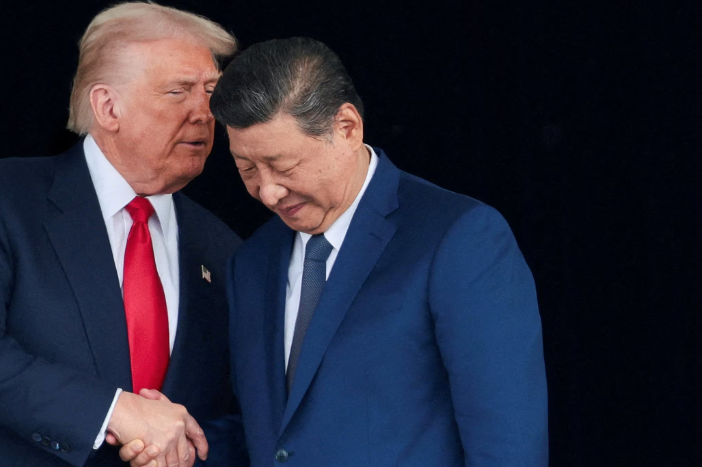WORLD NEWS

China has started designing a new rare earth export licensing system that could streamline shipments of the strategically vital minerals but will not amount to a full rollback of export restrictions, according to industry sources familiar with the matter.
The Ministry of Commerce has informed certain exporters that they will soon be able to apply for simplified one-year export permits, outlining the documents and compliance requirements that will accompany the new regime. However, sources said the broader restrictions introduced earlier this year are expected to remain largely in place.
China dominates the global rare earth industry, producing over 90% of the world’s processed rare earths and magnets, which are critical for manufacturing electric vehicles, smartphones, and military technologies such as precision-guided missiles.
The export curbs have become one of Beijing’s most powerful tools in its trade rivalry with Washington, as the U.S. seeks to diversify supply chains and reduce dependence on Chinese materials.
The move follows last week’s announcement that China would pause for one year the export limits imposed in October, after a meeting between Presidents Donald Trump and Xi Jinping. However, Beijing has remained silent on whether the wider controls introduced in April — which disrupted global supply chains — will also be eased.
While the White House described the new general licenses as marking “the de facto end” of China’s export controls, insiders in Beijing say that interpretation is premature. “These licenses will simplify the process, but not remove controls,” one source said.
According to sources, the new one-year permits may allow exporters to ship higher volumes, but obtaining them will require detailed documentation from buyers, particularly those involved in sensitive sectors like defense.
So far, only about half of the 2,000 applications submitted by European Union companies since April have been approved, highlighting the challenges posed by Beijing’s tight oversight.
The restrictions have caused significant delays and even temporary production halts in parts of the global auto industry, which depends on rare earth components.
China’s Ministry of Commerce has yet to comment publicly, and many domestic exporters say they have not been formally notified about the new licensing system.
Analysts expect clearer guidelines by the end of the year, but caution that the new policy reflects Beijing’s intent to retain strategic control over its most critical mineral resources while managing diplomatic pressure from Washington.




